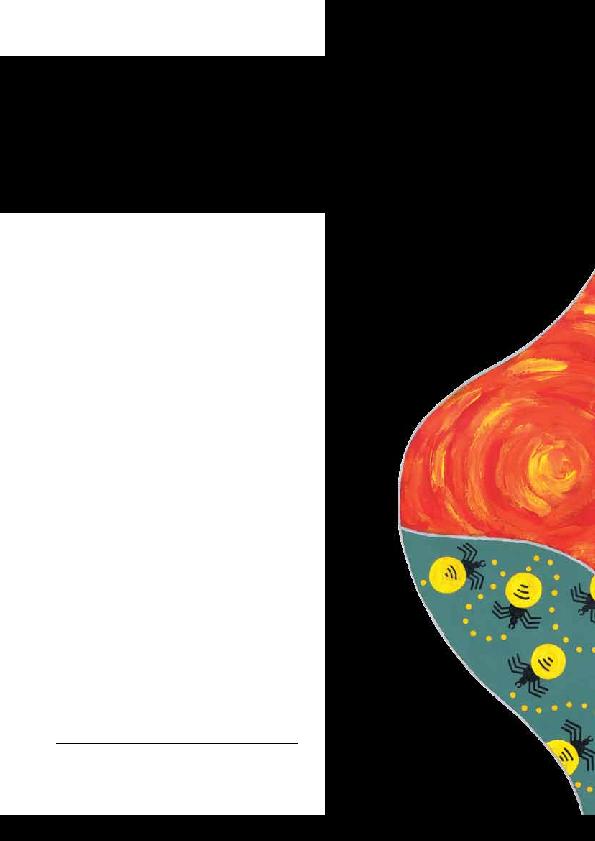
Court.
women are either not accessing or not eligible
for all services.
they can be bailed to.
mentoring programs and access to their
children are critical to successful completion of
bail conditions.
under-utilised. This means that the specific
vulnerabilities of Koori women may not be
taken into account when determining bail. This
is a significant lost opportunity to address the
escalating numbers of Koori women on remand
in Victorian prisons.
Integrated Services Program (CISP).
Victoria Police members have the capacity to
contribute to a greater use of diversion for Koori
women. This option is currently under-utilised.
Information provided to the Commission by Sentencing
Advisory Council on 1 February 2013.
Magistrates Court of Victoria, `Integrated Services
Program Discussion Paper, above n 10.